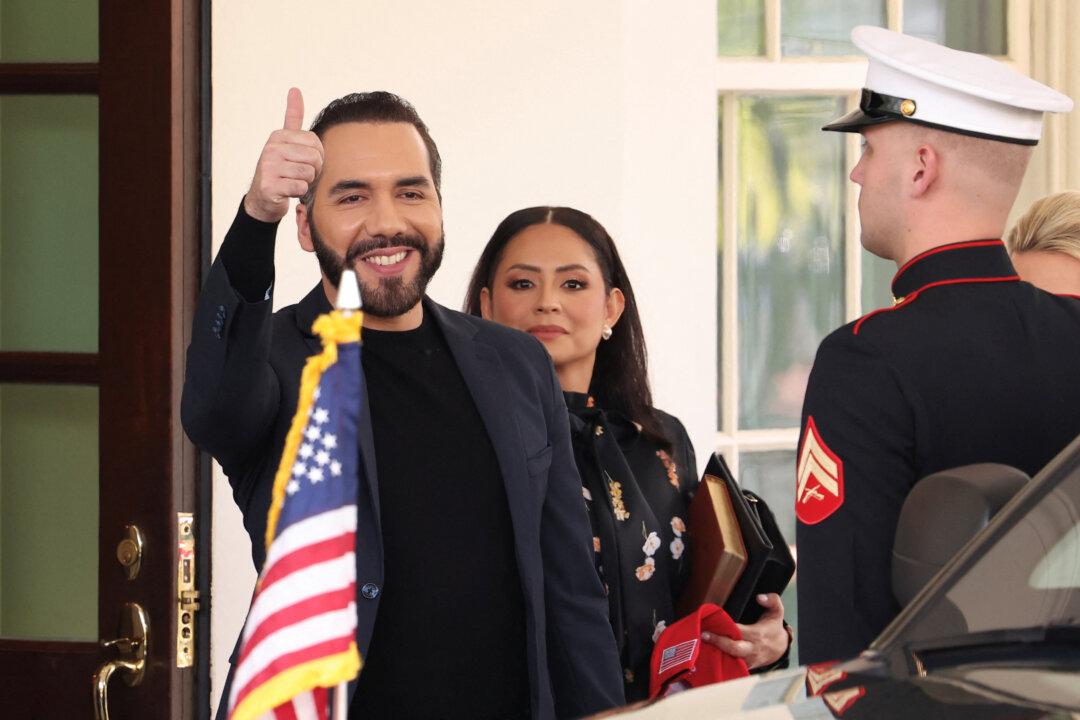Salvadoran President Nayib Bukele proposed on April 20 that El Salvador would be open to exchanging prisoners with Venezuela’s socialist regime.
Specifically, Bukele proposed an agreement that would see prisoners who opposed Venezuelan President Nicolas Maduro’s heavily-contested reelection in 2024, swapped with the deported Venezuelan nationals sent to El Salvador from the United States.





